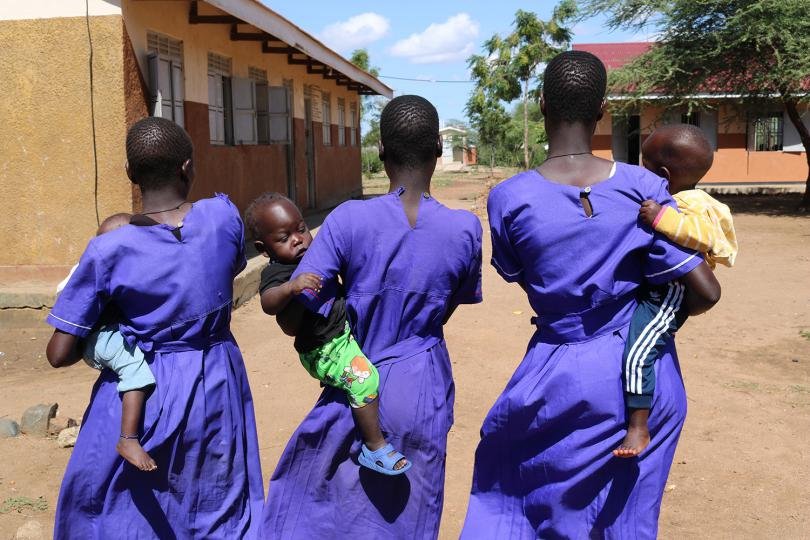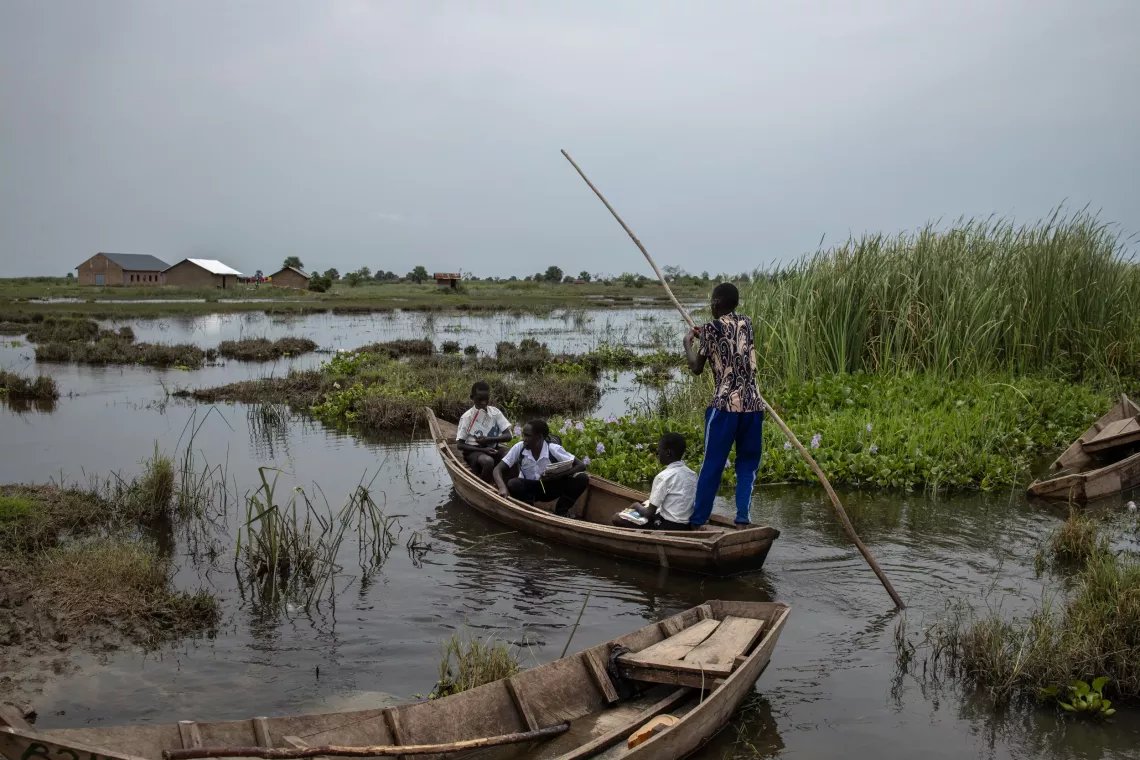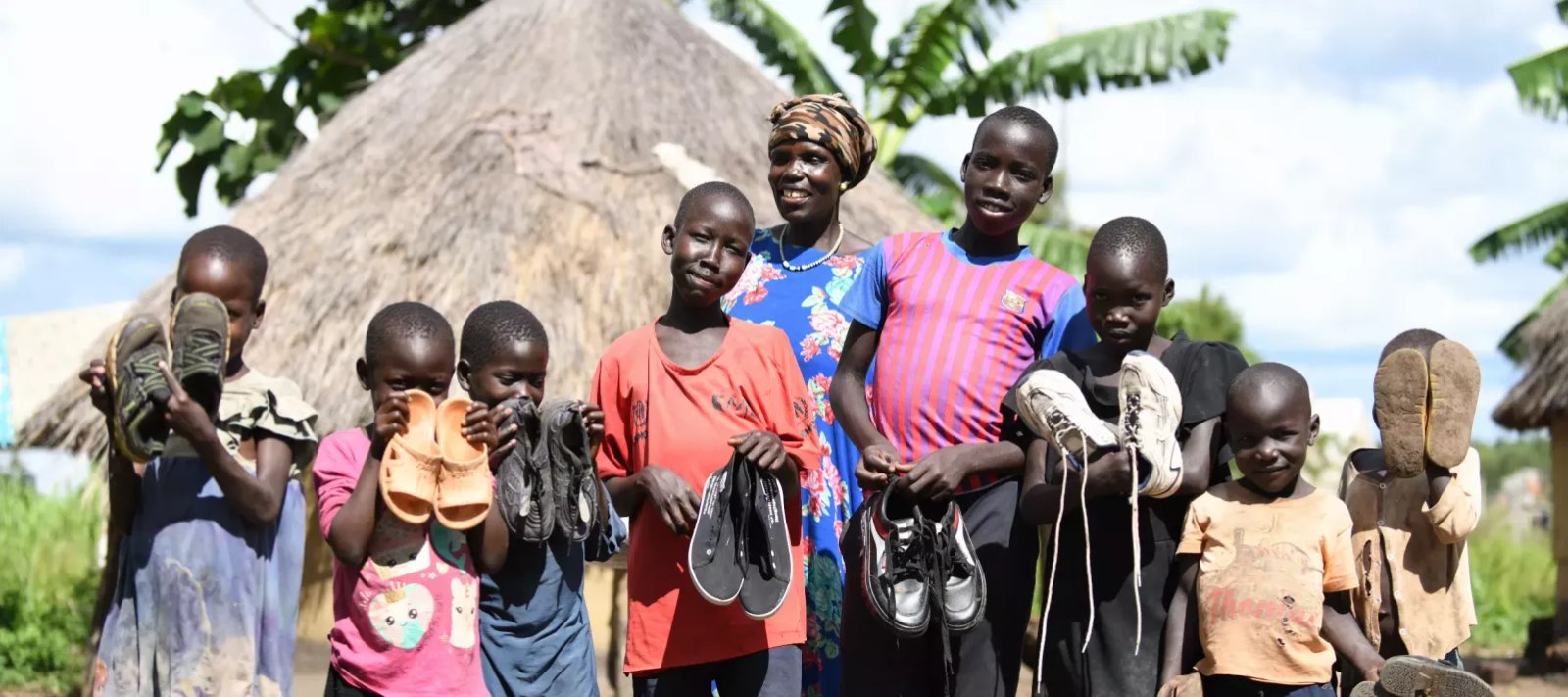
SESBIL Project Transforms Education in Karamoja
The Strengthening Education Systems, Bridging Learning Loss (SESBIL) project, implemented by Save the Children, has brought significant improvements to education in the Karamoja sub-region over the past three years. With funding from the Norwegian Embassy, the project aimed to help out-of-school children recover from learning losses due to COVID-19, particularly targeting teenage mothers, long-term dropouts, and children in child-headed households.
Enrollment and Retention Boost
Before the project began in 2021, Lokeriaut Community School faced low enrollment, with only 300-400 pupils. Today, that number has surged to 910, thanks to initiatives that changed the community’s perception of education. At the project's inception, schools averaged 250 learners; by the end, this rose to 1,100. Notably, female enrollment jumped from 10% to over 50%, as older siblings could attend with younger ones, enhancing retention.
Enhanced Learning Environment
The project introduced vital resources, such as food support, which improved attendance and reduced malnutrition among students. Hygiene standards were elevated through the provision of soap and sanitary pads for girls, allowing for consistent school attendance. The construction of latrines and classrooms at Kodonyo and Lokeriaut further facilitated a conducive learning environment.
Teacher Development and Community Engagement
Teachers received training in creating instructional materials, which enhanced their professional skills. Continuous professional development workshops equipped 43 teachers with knowledge in inclusive education. The project also fostered community involvement, training School Management Committee members to monitor educational progress and implement improvement plans.
Learning Outcomes and Transition Success
Throughout the project, 102 learners successfully passed the National Primary Leaving Examinations and transitioned to post-primary education. Additionally, over 2,000 learners were integrated into the formal school system, marking a significant step towards educational equity.
Sustainability Through Stakeholder Collaboration
The project emphasized collaboration with local education authorities, communities, and parents to ensure sustainability. Initiatives included training on agricultural practices, leading to the establishment of school gardens to support feeding programs. This holistic approach not only addressed immediate educational needs but also aimed at long-term food security and community resilience.
Conclusion
The SESBIL project has profoundly impacted the educational landscape in Karamoja, promoting increased enrollment, improved retention, and enhanced learning outcomes. As the project concludes, beneficiaries like Micheal, a former cattle raider, express a desire for continued support to sustain these gains. The project’s success highlights the importance of community engagement, teacher development, and resource provision in transforming educational system



